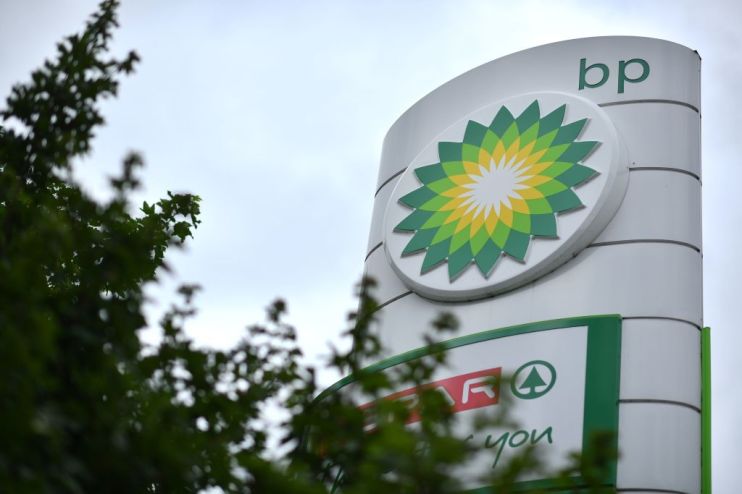BP to kick off share buyback plans as profit climbs on rising oil prices

BP this morning said it would kick off £500m worth of share buybacks in the second quarter after its profit beat expectations in the first three months of the year.
The oil giant said that reported profit for the first quarter came in at $4.7bn, up from $1.4bn in the last period of 2020.
Underlying replacement cost (RC) profit, BP’s preferred metric, was $2.6bn, a massive increase from $0.1bn the prior period. Analysts had forecast takings of $1.6bn.
It said that the increase was driven by an “exceptional” trading performance, as well as significantly higher oil prices and refining margins.
Shares in the firm rose 2.2 per cent as markets opened, with analysts saying the results were all the market could have hoped for.
The decision to kick off the share buyback programme comes after BP reduced its net debt to below the $33.6bn mark, which it had previously targeted as the starting point for such a move.
It has previously committed to returning 60 per cent of surplus cash to shareholders through such programmes, with the remainder to go into shoring up its balance sheet.
BP said it would continue to generate surplus cash over the rest of the year if oil prices were above $45. At the moment, they stand close to pre-pandemic levels at $65.
Over the quarter, the FTSE blue chip reduced debt by $5.6bn, meaning its debt pile now stands at $33.6bn.
Before the Open: Get the jump on the markets with our early morning newsletter
This was helped by a further $4.8bn in divestment proceeds over the quarter, including $2.4bn from the sale of a 20 per cent stake in a gas field in Oman.
Chief executive Bernard Looney said: “With the acceleration of divestment proceeds, together with strong business performance and the recovery in the price environment, we generated strong cash flow and delivered on our net debt target around a year early.
“We are commencing share buybacks in the second quarter which, alongside our resilient dividend, support the growth in distributions to shareholders.”
Investors ‘couldn’t ask for more from BP’
Commenting on the results, Hargreaves Lansdown’s Steve Clayton said: “The market could not have asked for more from BP with these results.
“The company has seized the opportunity of a recovery in energy prices to pay down its debts, leaving it well set for the future when conditions might not be so favourable.
“Crucially, BP’s cost control has left it able to generate surplus cash at oil prices as low as $45, underpinning the group’s ability to pay dividends back to investors.”
Interactive Investor equity analyst Keith Bowman, meanwhile, praised the restart of the buyback regime:
“More favourably, the return of a share buyback programme is a clear positive. The tough decision to cut the dividend is now behind it, with a current dividend yield in the region of 5 per cent still highly attractive in an era of ultra-low interest rates”, he said.
“In all, and with significant action already taken under the relatively new CEO making an impact, market consensus opinion is likely to continue pointing towards a buy.”
BP, which is in the process of developing its non-fossil fuel businesses, also took its first steps into the UK offshore wind market in the period.
It bought two 60 year leases in the Irish Sea, which Looney said would make an 8-10 per cent return on its £900m investment.
The assets are part of a 3.7 gigawatt pipeline of offshore wind that BP has developed so far. By 2030, it aims to have developed 50 gigawatts of renewable capacity overall.
The firm kept its dividend steady at 5.25 cents per share.